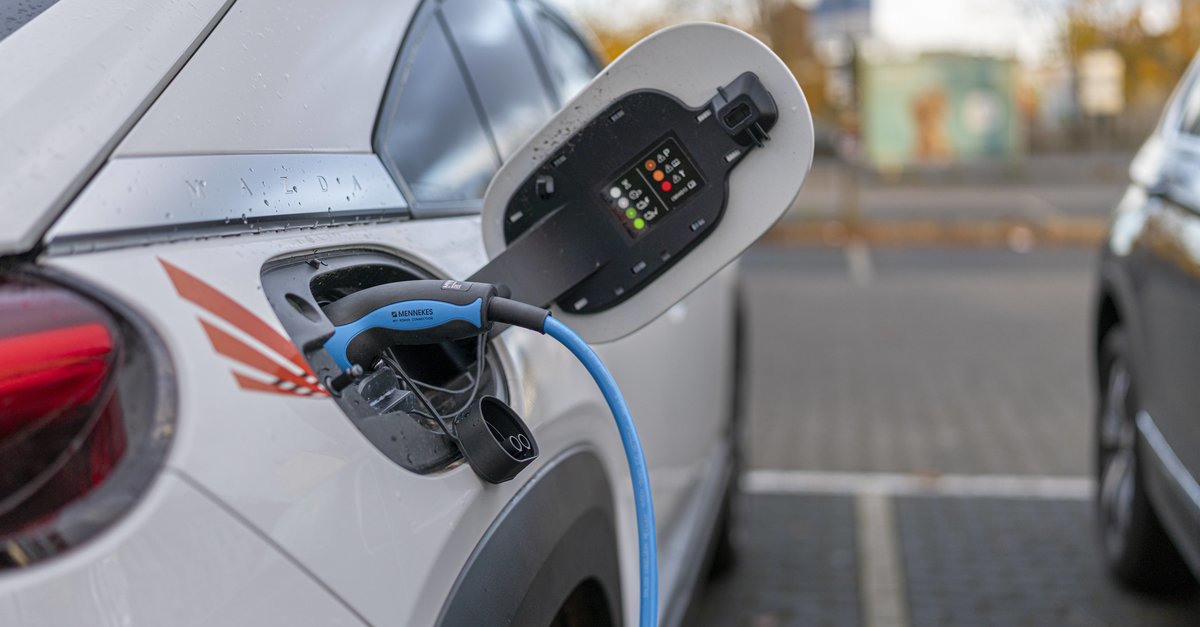Emissions from newly registered vehicles hit record lows
The mobility sector must develop towards a sustainable solution as soon as possible. Road traffic is still responsible for a large proportion of global emissions, and in the future we are unlikely to switch exclusively to bicycles or our legs as a means of transport. The first results of the mobility transition are now visible in the United Kingdom.
Because of increasing sales of electric and hybrid vehicles, emissions from newly registered cars were at a record low last year. The average fell 11 percent compared to 2020 to about 120 grams per kilometer.
The extent to which this value can be reduced in 2022 remains questionable. In January, for the first time, 64 percent more vehicles were sold than in the previous year. The majority of this is attributable to combustion engines, although sales of e-cars have doubled, but these still only account for 12.5 percent of all new registrations.
If you add plug-in hybrids, the value is slightly higher at 20 percent. If you consider that the United Kingdom wants to completely ban the sale of combustion engines in just 8 years and also wants to do without hybrids in 2035, there is still a lot to do.
Therefore, the British government must not rest on its laurels. Because in order to reduce emissions by up to 78 percent by 2035 (that is the British goal), further investments are necessary, especially in the still confusing charging infrastructure or local public transport.
Because what’s worse than a combustion engine on the street? A combustion engine stuck in a traffic jam. As in many places in recent decades, traffic on British roads has increased significantly. This is also one of the reasons why the emission reductions achieved in the transport sector during the pandemic have now been offset again.
Via The Verge


